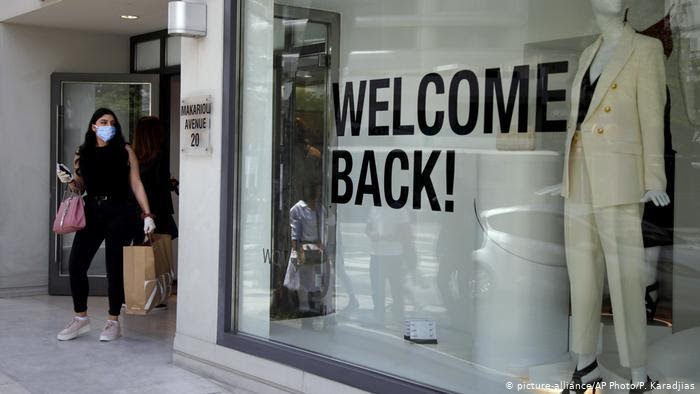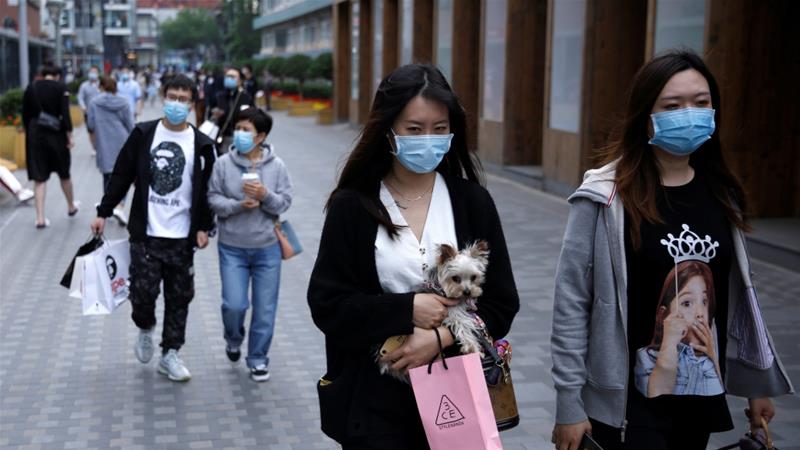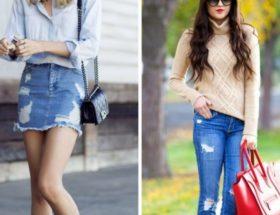
Covid 19 Has Affected All Industries and Fashion is No Exception
It can be seen that COVID-19 has not only affected lives, but it has affected major industries as well. With all businesses and industries across the world in epic chaos, the grave impact of this pandemic has put a complete halt to tourism, entertainment, education, dining out, and unfortunately, fashion is no exception. Many businesses have chosen to use technology to help aid their stores in opening to gain back some normality. One of the most popular technologies is digital signage in retail stores. Signage is important in guiding customers around stores and ensuring social distancing is observed.
Fashion is a billion-dollar global industry. But when government authorities all over the world issued stay at home orders as early as March this year, retail stores, ateliers, and factories were suddenly closed. Suddenly, people were staying and working from home, events, special occasions, and anything that involved a gathering of people ceased to exist.

Today, leisure fashion has taken the back seat to necessities. People the world over are no longer thinking about what clothes to wear tomorrow or on Friday night. They’re thinking about what to eat, what to do at home, or how they can make money from home. Buying the latest designer handbag or shoe isn’t exactly what people think about in a pandemic, and for these reasons, a major ripple effect on spending and shopping has created a major paradigm shift in fashion.
In Italy, where fashion is a $107 Billion dollar a year industry, where the headquarters of Gucci, Prada, Versace, and the fashion houses of Valentino and Fendi are based, the pandemic has caused tremendous devastation. COVID-19s’ effect on Italy’s fashion industry has led to mills, ateliers, workshops, and printing factories to produce nothing since March. And although these big names will most likely bounce back and stay relevant once things begin to stabilize, it’s the small businesses and the workers are who are greatly affected.
Small workshops and businesses are the most vulnerable, as it has proven to be difficult for them to survive in this pandemic. Stores and workshops have been closed indefinitely, and many fashion brands have resorted to producing masks, surgical gowns, protective suits, and the like just to stay afloat and keep their employees.
While experts agree that there will always be a place for luxury fashion, there will be very few people in the coming months who will have disposable income. And if they do, they’d think twice about heading to the stores once they reopen.

A survey done by First Insight, which is a retail predictive analytics company, revealed that 65% of women and 54% of men will not feel safe trying on clothes in dressing rooms due to the COVID virus. And for those who still have the money to spend, they are most likely to think twice before indulging themselves, such as buying a designer leather belt at a mall or paying for a coveted handbag through face to face contact.
As lives all over the world hang in the balance, fashion brands are forced to make bitter decisions when it comes to what aspects of their business they need to sacrifice. Do they need to close their physical shops and strictly go online? Do they stop producing collections until a vaccine and cure are found? The answers to these questions seem nowhere to be found for now.
One thing’s for sure, though, as more and more designers and brands are using this time to hit the reset button, it’s very unlikely the fashion industry will go back to normal any time soon.









